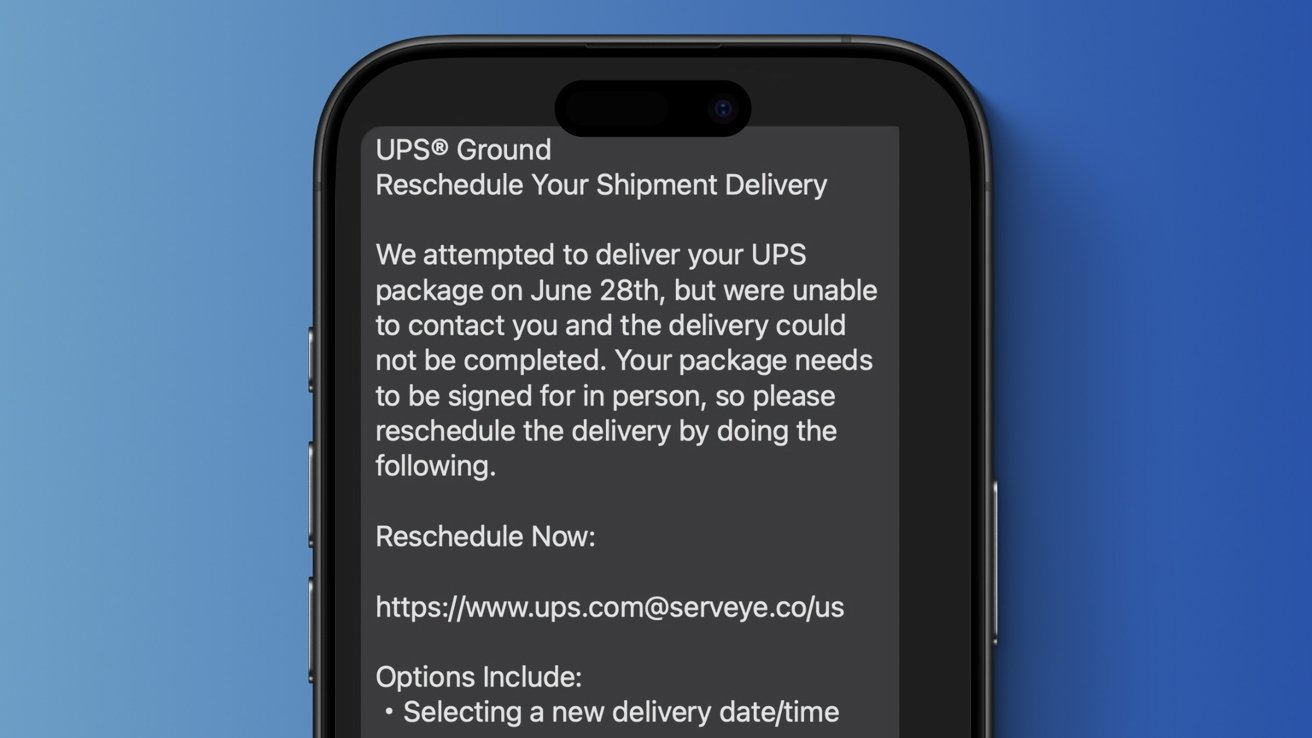Google has struck a deal to buy 200 megawatts of fusion power, as the tech giant struggles to reach its sustainability goals in the face of the growing energy demands of artificial intelligence (AI).
The company announced Monday that it is partnering with Commonwealth Fusion Systems to offtake power from its first commercial plant in Virginia, which is set to bring 400 megawatts of power online starting in the early 2030s.
“Fusion holds huge potential as an energy source of the future: it’s clean, abundant and inherently safe, and it can be built just about anywhere,” Michael Terrell, Google’s head of advanced energy, wrote in a blog post.
“Commercializing fusion is immensely challenging, and success is not guaranteed,” he continued. “But if it works, it could change the world by providing a more secure and clean energy future.”
Fusion power, a form of carbon-free energy derived from fusing two nuclei, is an enticing alternative to nuclear fission, which is used to power traditional nuclear power plants but comes with drawbacks, such as the production of radioactive waste.
Google’s deal with Commonwealth Fusion Systems represents the second major fusion deal, following Microsoft’s agreement in 2023 to purchase 50 megawatts of fusion power per year from Helion Energy starting in 2028.
Major tech firms have increasingly turned to nuclear power as they seek to meet the vast energy demands of AI without adding to their emissions.
Google also signed a deal with Kairos Power last fall to build a fleet of small modular nuclear reactors to power its data centers. The reactors, which rely on nuclear fission, are scheduled for completion between 2030 and 2035 and will produce 500 megawatts of power.
In its annual environmental report released Friday, Google touted that it reduced its data center energy emissions last year by 12 percent.
However, the company’s overall emissions grew by 11 percent in 2024 and are up 51 percent since 2019, seemingly running counter to its efforts to become net zero by the end of the decade.








